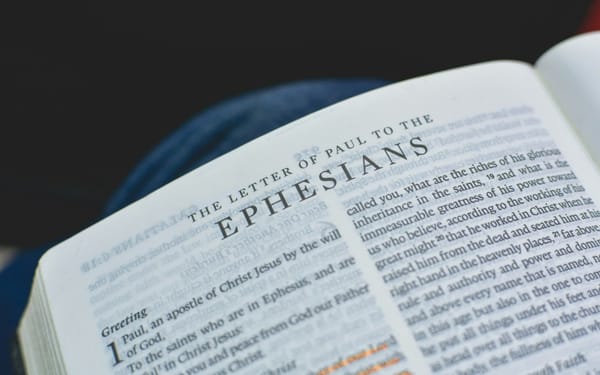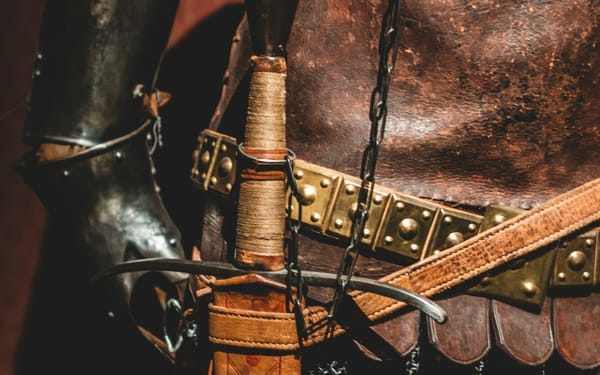The Day I Thought My Dad Was Shot
The seminal moments in my life—the ones I can recall with visceral clarity—involve death or the concept of death. These are the moments that have shaped how I see life.

When I was quite young, living with my parents in Ghana, our family was robbed one night. Men came in through the window, and with my father held at gunpoint, they proceeded to rob us.
I was stirred awake by my mother telling me to get up and get dressed so we could run into the countryside. The men had taken my dad to use as a hostage at the next house, and she wanted to get us to safety before they could return. Looking back now, I am sure she wondered if she would ever see him again.
At some point, my mother—or perhaps my older brother—told me, “They got dad.”
My young brain heard, “They shot dad.”
So, for the next stretch of time, as we ran through tall grass and hid in fields on our way to another house, I knew, or thought I knew, that my dad was dead. I tried to process what life would now be like without him.
Fortunately, when we arrived at the neighbor’s house, I eventually learned that the men had let him go and driven off with our vehicle. My dad walked back to us alive. But for the first time in my life, I had stared at death, and I had tried to understand what loss meant for a young boy whose world was wrapped up in his father.
The Shadow of Death
Tennyson once wrote:
“’Tis better to have loved and lost than never to have loved at all.”
These words capture what it is to be human in a fallen world. The specter of death shapes—or should shape—the present reality of life. Time has meaning precisely because it is fleeting.
Beyond the now lies a future that Scripture assures us of, though we see it dimly. The only certainty is that death is coming. It is the shadow that lingers at the periphery of every sunny day, the distant cloud that reminds us the storm will arrive.
The Wisdom of Mourning
God knew we needed to contemplate this reality when He left us these words in Ecclesiastes 7:2:
“It is better to go to the house of mourning than to go to the house of feasting, for that is the end of all men; and the living will lay it to heart.”
And in Psalm 90:12:
“So teach us to number our days that we may get a heart of wisdom.”
Death, then, is not just tragedy. It is a teacher.
Memento Mori and the Modern World
In recent years, I’ve noticed a shift in culture—a move to embrace mortality more openly. Tattoos, t-shirts, and coins bearing the phrase Memento Mori (“Remember you will die”) have become popular. It’s proof, perhaps, that there is nothing Western culture cannot commercialize.
This self-awareness may be a good thing. But without proper direction, such focus remains hollow. Scripture teaches us not just to remember death, but to let that remembrance guide us toward wisdom. And what greater wisdom is there than to learn what our Creator wants from us in this life?





